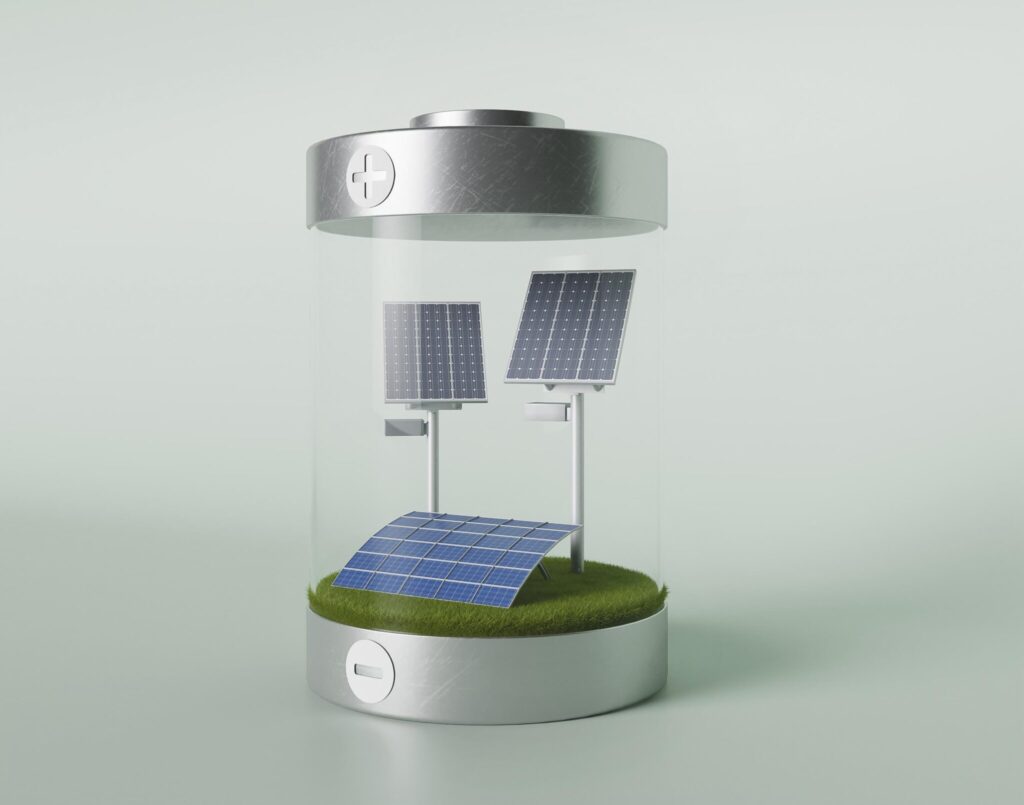
Now that 2024 is upon us, thoughts turn to what the next 12 months have in store for the versatile, rapidly evolving solar energy market. The growth of the popular renewable energy shows no sign of slowing down, with technological advances at the centre of its ongoing evolution. From solar battery storage solutions playing a vital role in ensuring stable energy supplies to artificial intelligence revolutionising energy production, 2024 looks set to be another exciting year for the sector. Here are six trends that look set to continue, or ramp up in the coming year.
Solar battery storage
Pivotal to a successful transition from traditional energy sources to renewable alternatives is the ability to store excess electricity until it is needed. Solar battery storage systems have been increasing in capacity and efficacy for some time. This year, it is thought that this technology will become even more important. Geopolitical instability in key energy areas such as the Middle East and Russia will render the need for renewable energy sources more vital than ever before. Having powerful, technologically advanced solar battery storage solutions in place will help hugely with the need to have access to energy and electricity generated closer to home.
Advances in solar panel technologies
As global attention remains firmly on renewable energy as a way to help combat climate change and reduce fossil fuel use, so investment in associated technology in will continue into 2024. Time and money will be spent on finding ways to ensure that solar power can be accessible and efficient. Advanced solar battery storage solutions will complement greater efficiencies in solar panels. Innovations such as bifacial panels, which can capture solar energy on both sides rather than just one will help with this predicted trend. Other advances are likely to be around increasing the amount of energy that can be collected, and the speed and efficacy of its conversion into useable electricity for a household or business.
Increased support from the Government
Linked to concerns over geopolitical issues affecting energy supply is a predicted continuation of, or even increase in Government support for renewable energy projects and equipment such as solar battery storage and photovoltaic solar panels. Sustainability issues and climate change policies will also shape governments’ responses to the need to support and fund renewable initiatives to help reduce reliance on fossil fuels and promote cleaner energy. Financial incentives like feed-in tariffs and tax credits will also drive growth in domestic and commercial markets.
Decentralising solar power
The trend of moving the control of energy production to individual households and businesses will also continue into 2024, as more people and companies wake up to the benefits of solar panels, solar battery storage and other renewable energy solutions. While the National Grid will continue to play a larger part in providing energy across the UK, more people will be able to produce their own electricity and sell back surplus to the National Grid to help offset the costs of photovoltaic panels and solar battery storage. This will help foster independence and greater resilience when it comes to energy production.
Ongoing interest in renewable energy issues from individuals and businesses
As renewable energy evolves and improves through technological advancements, so the subject will remain high on the agendas of media outlets and discussion fora. Global event such as the series of COP conferences will attract global leaders from around the world. High-level delegates will continue to discuss renewable energy solutions and how to support innovations in solar energy. This will include improving and empowering solutions such as solar battery storage and solar panel technology. The topic of renewable energy will be included on boardroom agendas, school curricula and social media platforms. As such, it will remain in the public domain for the whole year and play a large part in discussions about moving away from oil, gas and other fossil fuels.
The rise of artificial intelligence (AI)
Artificial intelligence is becoming more and more integrated into different sectors around the world, from healthcare to city planning; education to communications. Renewable energy and solar power is no exception. The clever technology is playing a larger part than ever before in controlling solar battery storage, optimising solar panel positioning and predicting energy production quantities and timings. The adoption of AI in solar battery storage and panel systems will lead to better performance overall and more effective processes.

